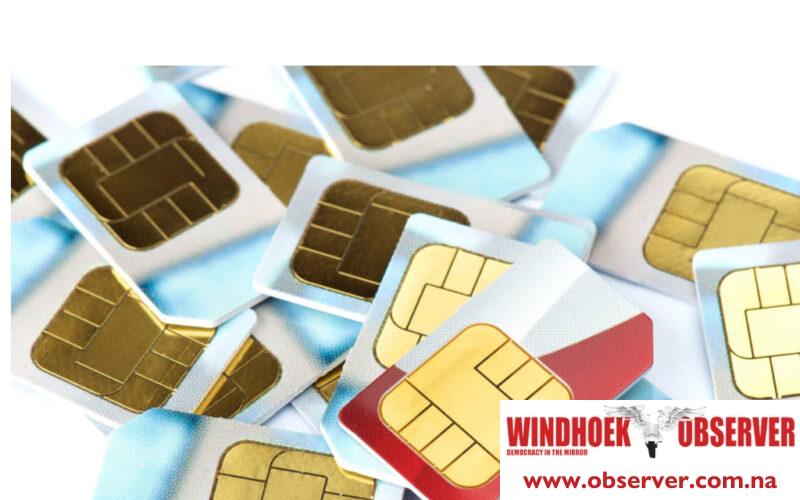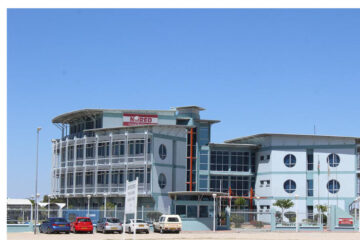Chamwe Kaira
Active Subscriber Identity Module (SIM) cards experienced a six percent decline in the second quarter.
The Communications Regulatory Authority of Namibia (CRAN) attributed this decrease primarily to a reduction in Prepaid SIM card users.
One potential factor contributing to this drop is the introduction of new Aweh and Jiva packages, which offer extended validity periods and may reduce the need for customers to purchase multiple SIM cards for different purposes.
However, there was a seven percent increase in mobile broadband usage, with 74 percent of SIM cards accessing the internet, resulting in a nine percent increase from the preceding quarter, as noted by CRAN.
The Authority reported modest growth in fixed internet subscriptions, with MetroNet subscriptions experiencing a significant 81 percent surge in the second quarter, despite having a relatively low total number of subscribers.
In contrast, leased lines, other wireless services, and VoIP services saw declines ranging from four percent to 14 percent during the reviewed quarter.
Aggregate mobile call minutes remained steady during the second quarter, despite variations in minute distribution. At the same time, fixed-line call minutes decreased by six percent, while data usage recorded a notable seven percent upswing.
CRAN observed that despite the increased data usage during the second quarter, there was a slight decline in revenue generated from data.
Similarly, SMS revenue continued to gradually decline, while revenue from voice services saw a slight increase.
The total broadcasting sector reported a three percent increase in revenue compared to the previous quarter. This surge can primarily be attributed to a substantial 17 percent increase in advertisement revenue.
Pay TV subscriptions contracted by four percent, with digital terrestrial subscribers (Go TV) leading the decline with an 11 percent reduction.
The postal service activities remained relatively stable, marked by a 14 percent increase in the utilisation of private bags.




